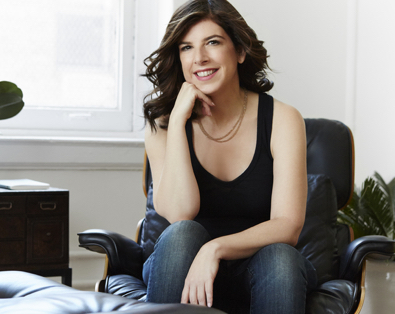If you’re like me, you may have run in circles where people toss around the phrase “unconditional love.” And if you’re like me, you might have wondered if that was even a possibility. Is unconditional love just some woo-woo concept that’s outside of reality?
I mean, we’re all human right? We make mistakes, we judge, and we can sometimes overlook other’s needs without sensitivity.
We are loving people, and we’re kind, and we care—but unconditionally loving? That seems almost like a fantasy.
Many times when I’ve heard people speak about unconditional love, I wondered if they were making a spiritual bypass, unconsciously avoiding something painful by believing they needed to feel love instead of feeling what might be construed as “negative.”
For me, I opt to be honest with myself about my judgments so that I can get to the bottom of what I’m feeling and seeing. Then, I look at how I could re-program those judgments of others or myself so that I can be more accepting and allowing.
I’ve collected a few rules for myself that I thought I’d share because they have proven to make all the difference in my relationships:
1.) Listen to others rather than try to fix their problems.
I’m not here to tell anyone what to do. They get to learn and discover what they need on their own. My only job is to listen with compassion and offer them space to discover.
In fact, most of the time people only want a sounding board to express what they’re thinking or feeling in order to make sense of it.
If someone asks me for advice, I will offer it—to a point. But I do so with as little attachment as possible. I focus on presence and I try to find as few words as possible to express what I think could help.
In the past, I’d go on too long and my advice could start to feel like a lecture. A concise sentence or two is all that is necessary to help jump-start someone into their own realizations.
2.) When it’s appropriate to give someone feedback I use care-frontation.
Sometimes, but very rarely I have something to say or offer that wasn’t being asked of me. Then I use the rules of care-frontation:
I try never to say anything with judgment. IF I’m coming from a place of judgement, then I know it’s best not to say anything until I can say it with neutrality and detachment.
I intend to say whatever I need to in a way that’s short and sweet. I never want to push because I could be manipulating their subconscious, which may or may not be ready for the information.
Lastly, whatever I say, I make sure I’m willing to let it go before I say it. This means that, before I attempt to say anything I know deep in my heart that I don’t HAVE to say it for any reason.
If it IS so important for me to say it, then I know I’m trying to change the person, and that’s not my business.
3.) When someone gives me feedback I receive it as all true.
When someone gives me feedback, or expresses their feelings to me about something I did or a way I acted, I hear what they say and take it all as true.
Even if they’re angry and even if they’re saying hurtful things, there’s an opportunity for me. This is one of the greatest ways I can learn about myself.
By being willing to listen to what others have to say about me, I gain material that helps me grow. The more I learn about how I can be better—more kind, more present, more loving—the more I can love myself and others better.
But, in order for me to gain this insight and healing, I need to receive this information with as much self-love as possible.
If I use their feedback to judge myself, make myself feel bad and wrong, or take it and then feel ashamed and guilty, I am only hurting myself.
When I can use the information as a way to gain greater awareness of myself and do so with openness and a gentle receptivity, then I have grown and am all the more empowered to make a difference.
Wishing you shared love and respect in all your relationships!


